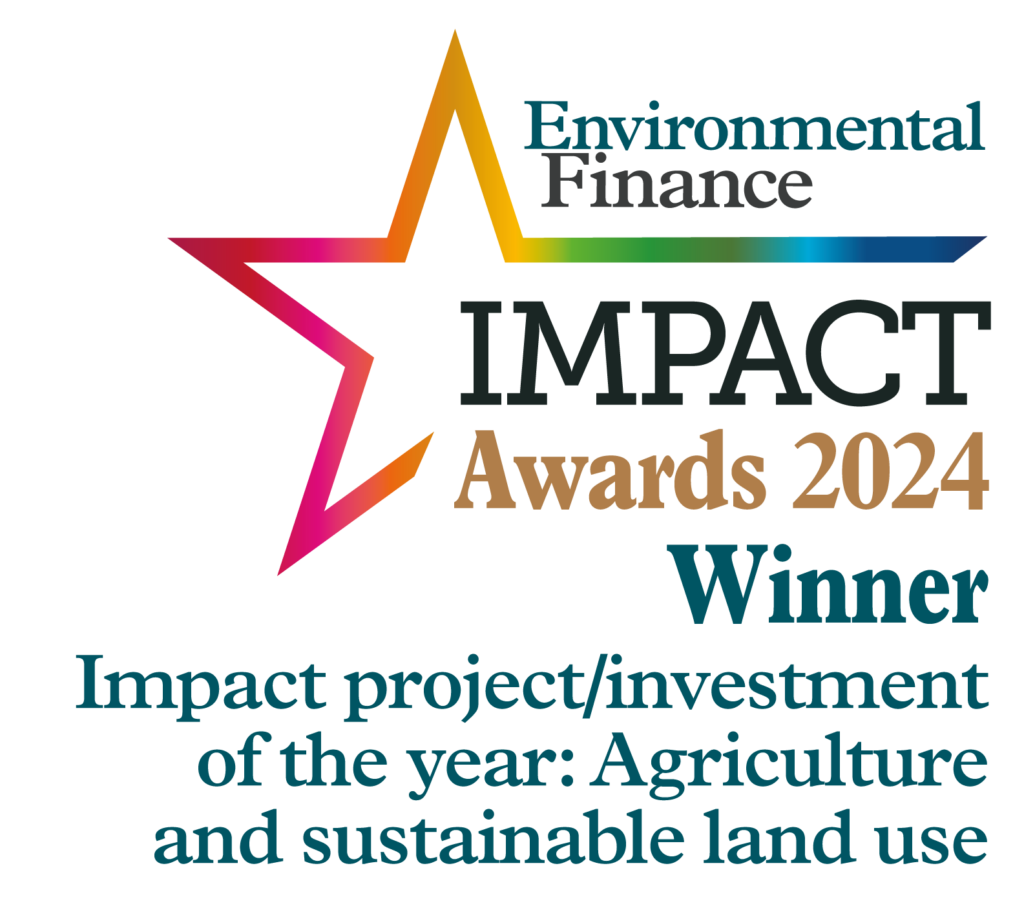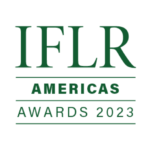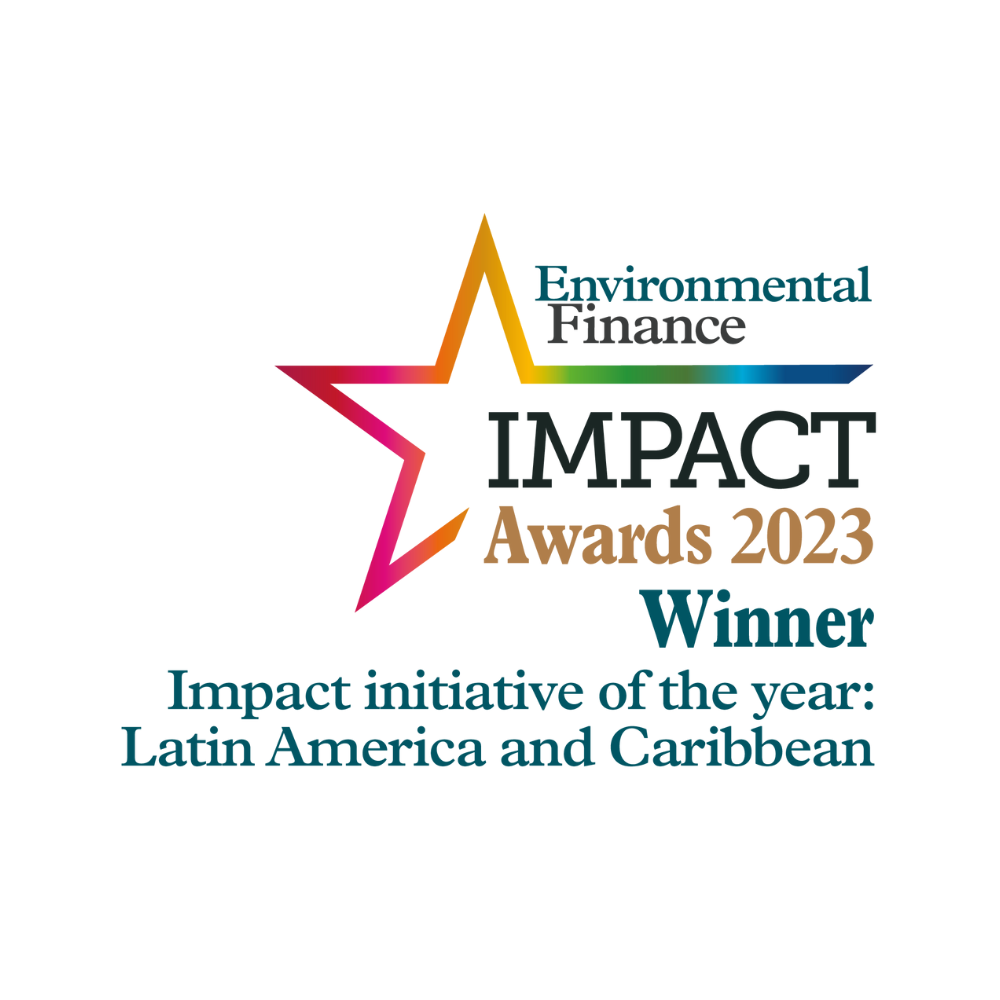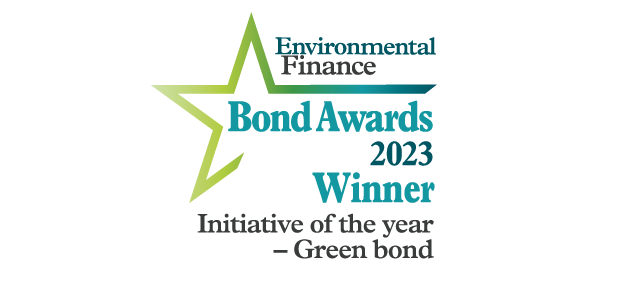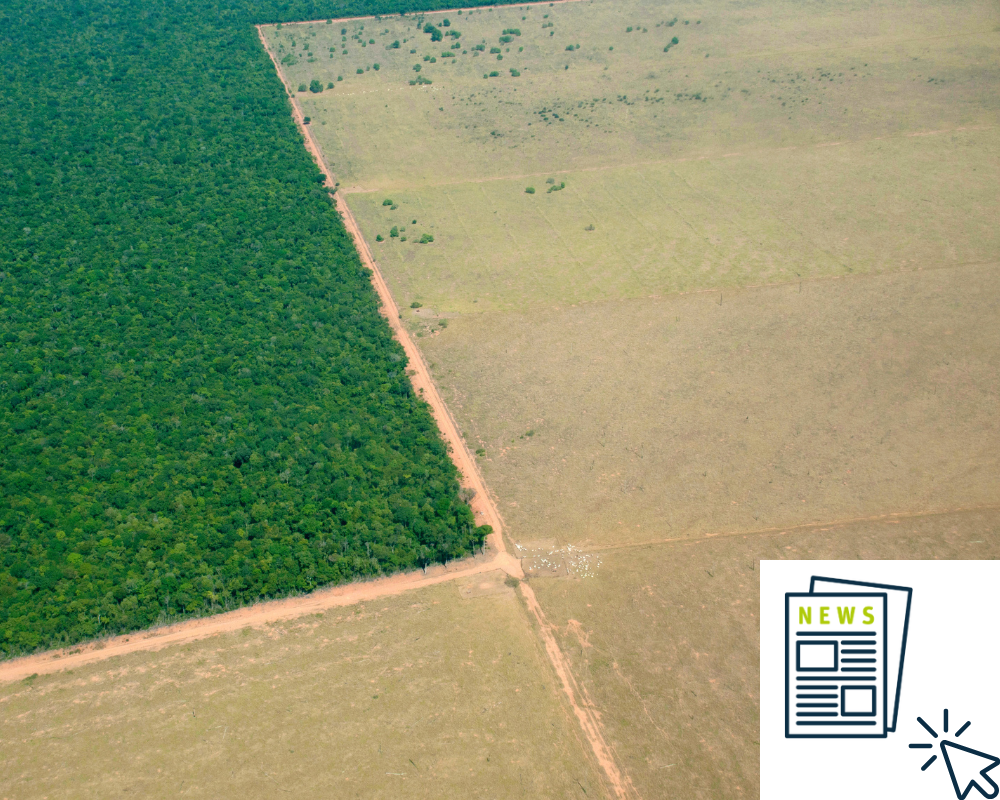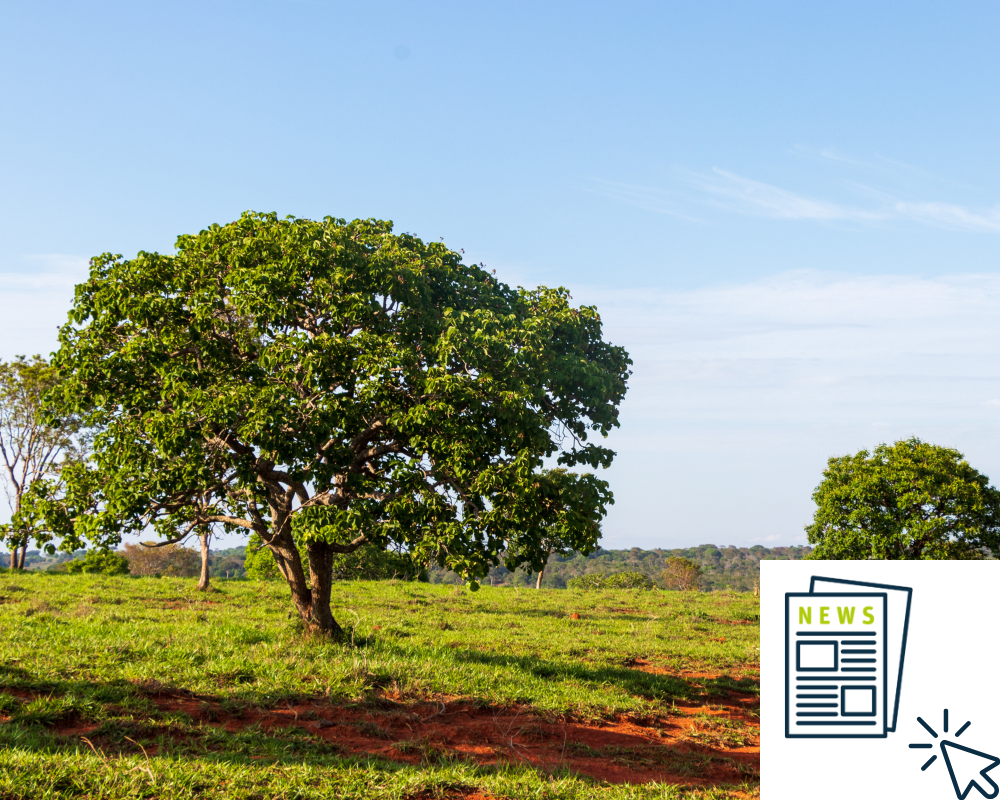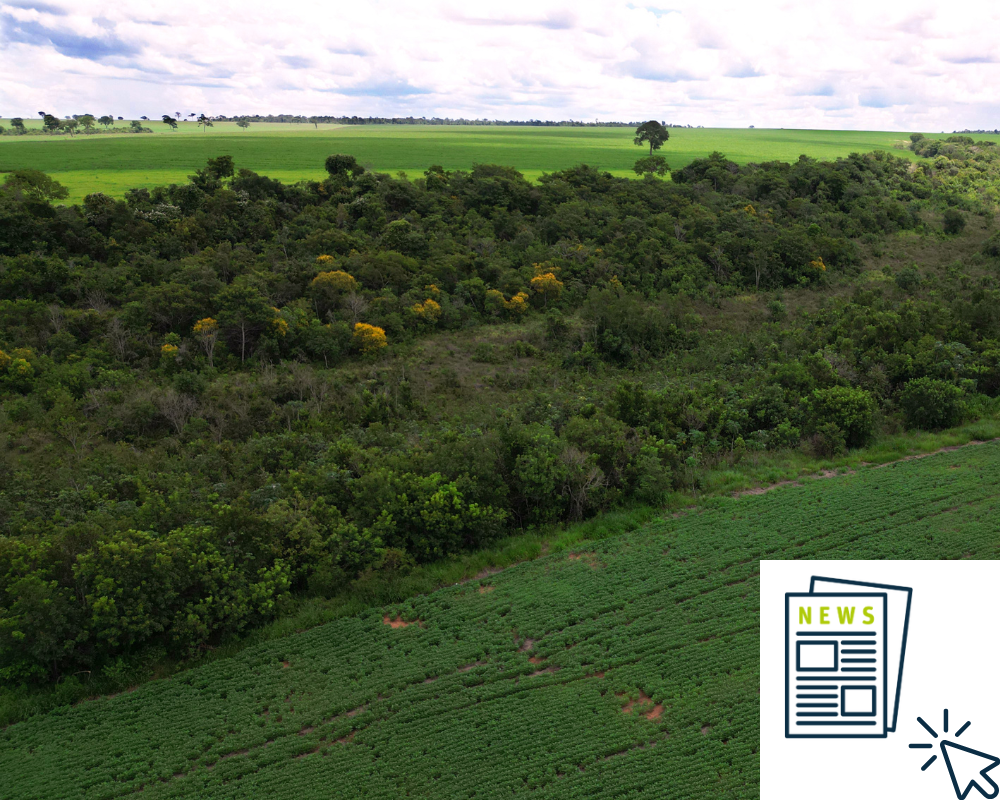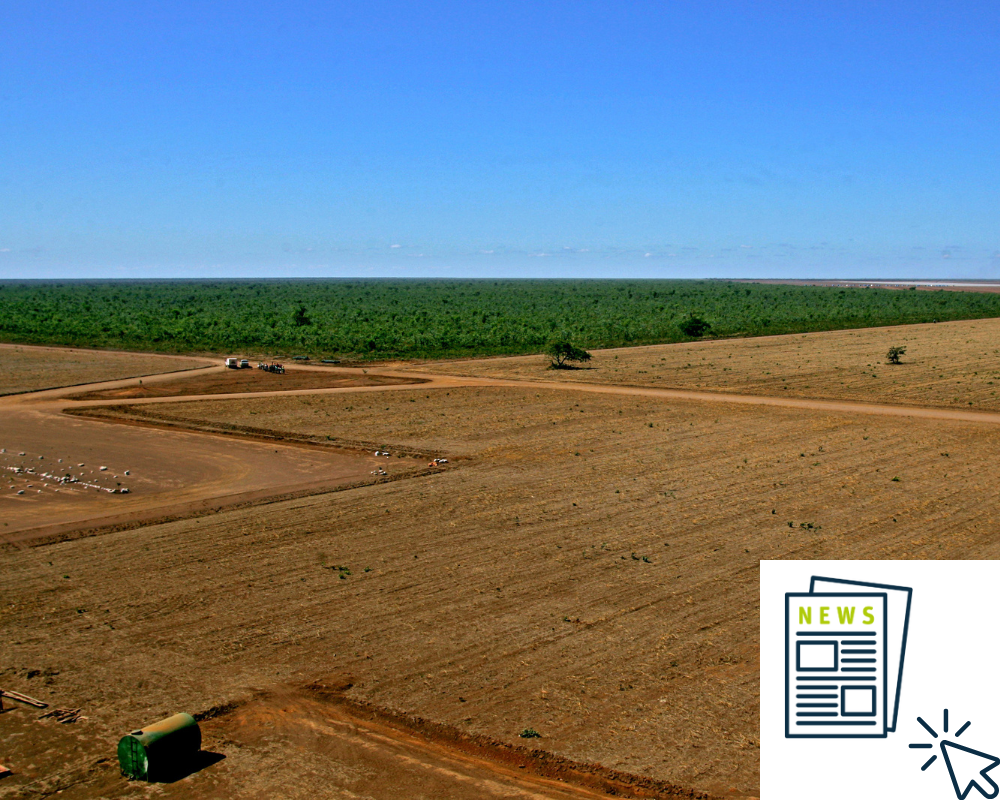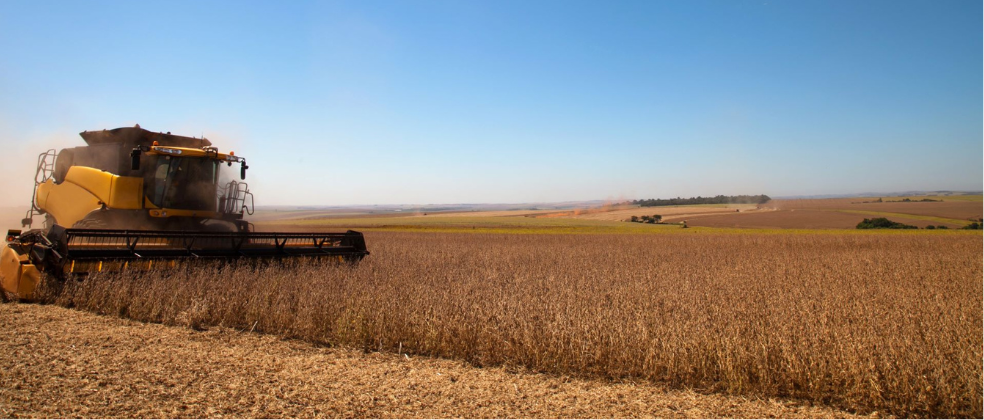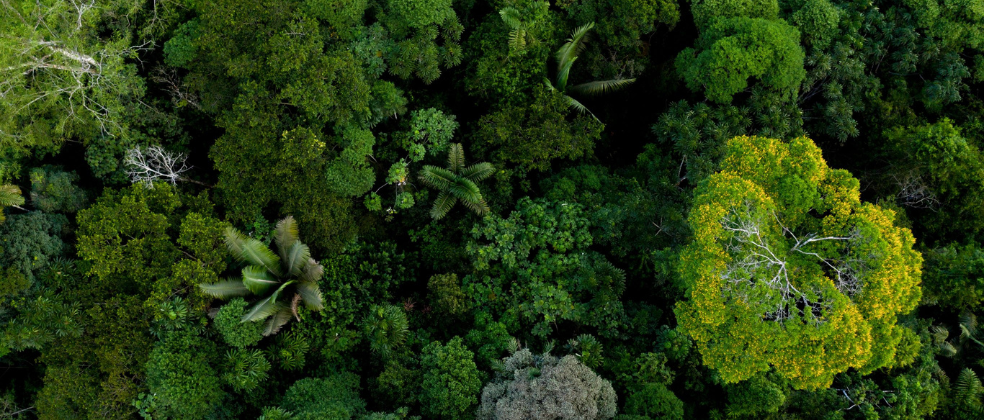Responsible Commodities Facility
Supporting the production and trading of responsible soy from Brazil
Growing demand for soy is leading to the deforestation of large tracts of Cerrado vegetation in Brazil, with associated GHG emissions and loss of biodiversity.
However, it is possible for a robust soy sector to exist and even expand without further clearing of natural vegetation.
The Responsible Commodities Facility (RCF) is an initiative to promote the production and trading of responsible soy in Brazil, by creating a financially sustainable vehicle to provide incentives to farmers and help meet the growing international demand for zero-deforestation supply chains.
The Facility will structure a series of programmes to tackle this environmental challenge using different approaches and financial mechanisms.
Latest RCF News
Monitoring and Independent Verification
The Facility uses sophisticated technology to screen farmers for compliance with its environmental Eligibility Criteria.
Farms are continuously monitored and independently verified at the end of each crop cycle.
Compliance with environmental criteria and the impacts of the Facility’s operations are reported to an Environmental Advisory Board and investors.
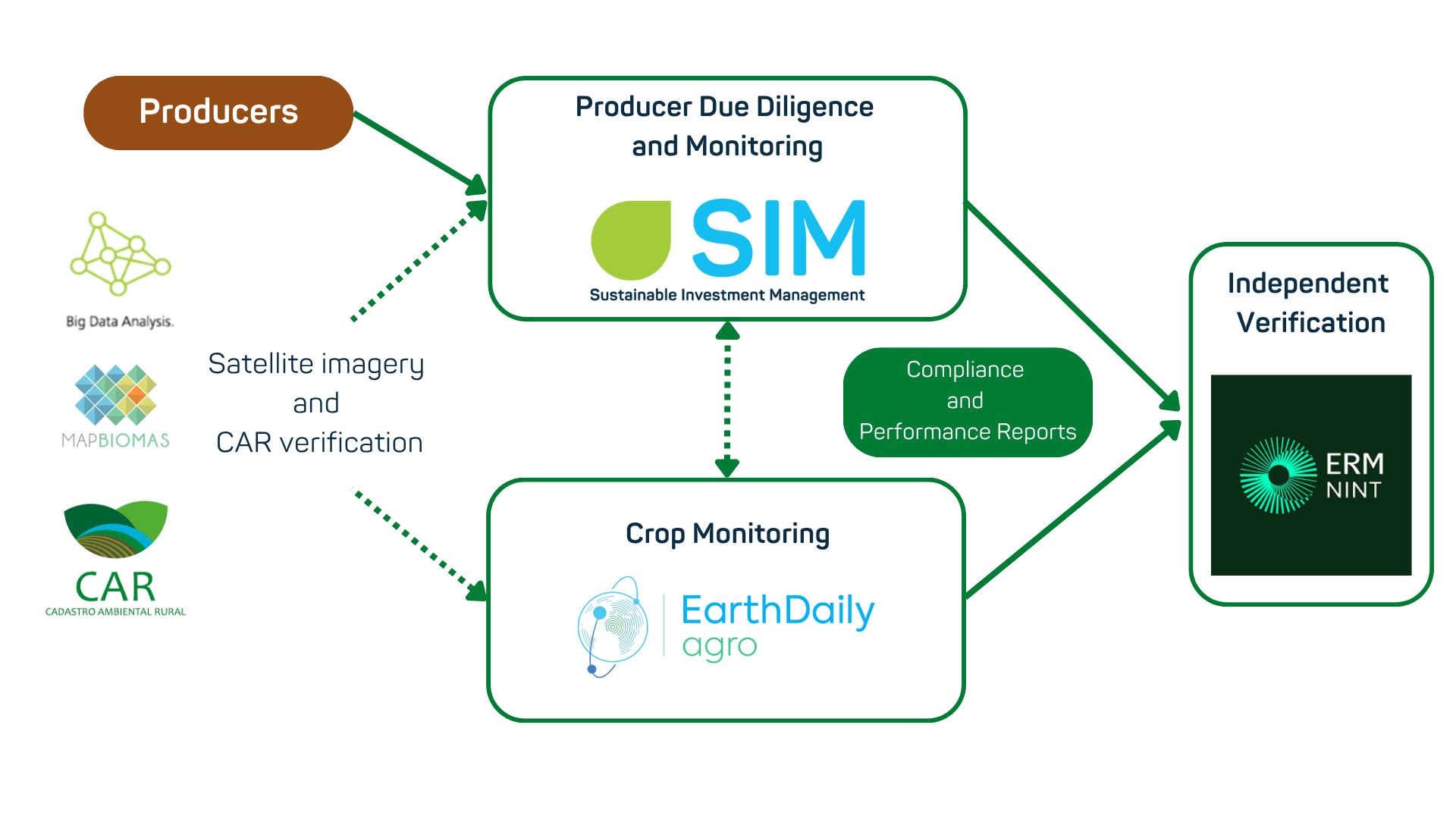
RCF Environmental Governance
The operations of the RCF are guided by a set of Eligibility Criteria to ensure that the facility produces the impacts desired. The Eligibility Criteria were designed/developed in collaboration with many parties, including WWF Brasil, The Nature Conservancy, Conservation International, IPAM, Proforest and UN Environment.
During the first two years of the RCF, these parties formed an Environmental Committee that reviewed and advised on the RCF operations, the farms selected for participation, and the impacts generated.
The RCF has engaged ERM-NINT, a dedicated service provider to conduct independent verification of its activities and impact.
At the same time, RCF is a member of IFACC (Innovative Finance for the Amazon, Cerrado, and Chaco, managed by UN Environment, TNC, and the Tropical Forest Alliance) and operates in accordance with their criteria.
Members of the former Environmental Committee have joined the RCF Environmental Advisory Board.
Environmental Advisory Board
An Environmental Advisory Board provides strategic input to the RCF, with relation to its operations, expansion plans, and any amendments to its environmental governance or criteria.
Members of the EAB (and their alternates) and their organisations, are:
Greg Fishbein – The Nature Conservancy
Ivo Mulder (Martin Hallé) – UN Environment
Lilian Vendrametto – Conservation International
Fabrício de Campos – Sustainable Finance expert
Isabella Freire Vitali (Jane Lino) – Proforest
André Guimarães – IPAM
Roberta del Giudice (secretariat of the board) – BVRio
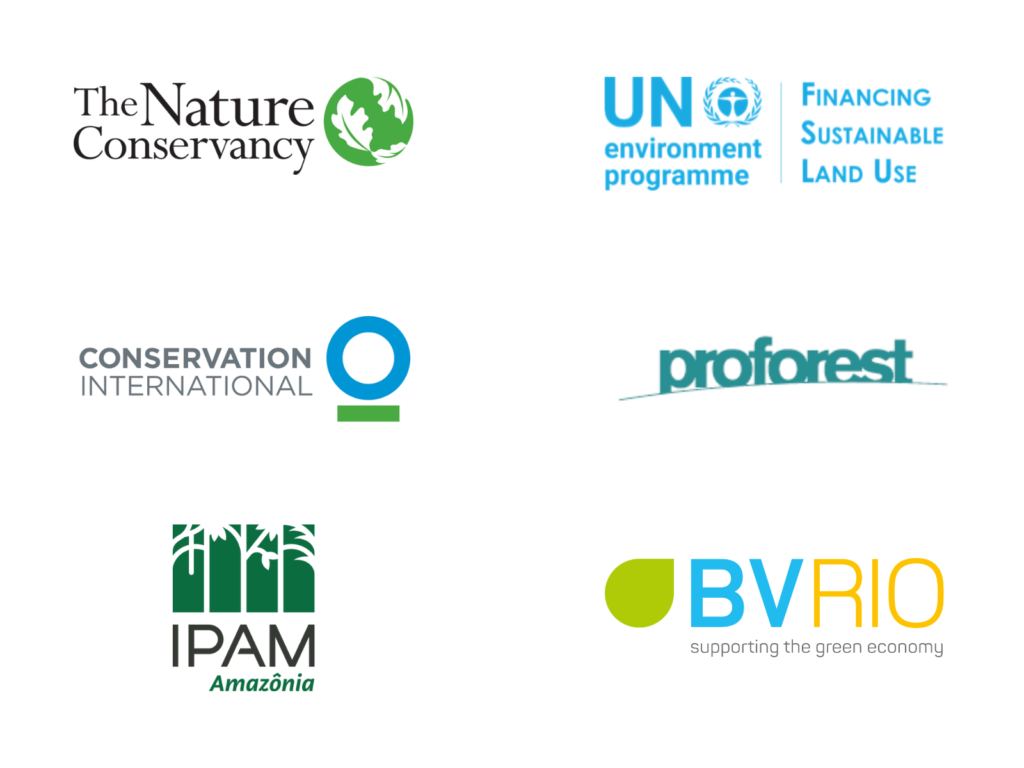
Statements of Environmental Impact
The environmental impact of its programmes will be independently verified and discussed with the Environmental Advisory Board, to be reported to financial supporters.
Statements of Environmental Impact will be issued with the pro-rata impact of individual investments, stating, for instance:
The amount of Deforestation and Conversion-free soy produced
The area of native vegetation conserved in the production areas financed by the RCF
The amount of carbon stored in these farms.
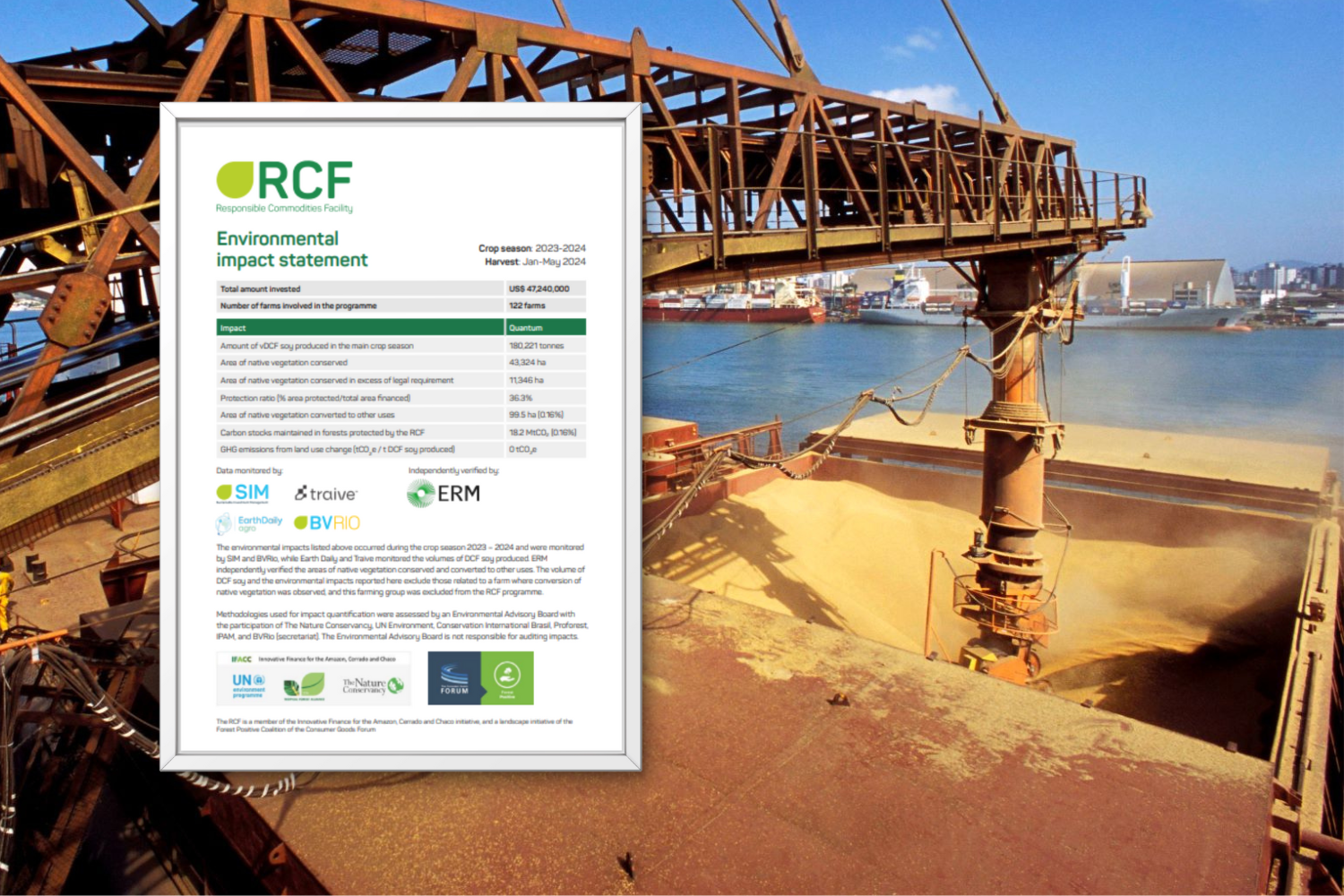
Partnerships and supporters
The Cerrado Programme 1 complements other responsible soy production initiatives such as the UK Soy Manifesto, the Consumer Goods Forum’s Forest Positive Coalition, and is a member of the Innovative Finance for the Amazon, Cerrado, and Chaco (IFACC), managed by UNEP Finance, TNC, and the Tropical Forest Alliance.
The Facility has received financial and institutional support from other organisations, including:

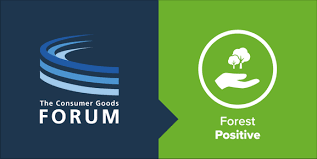
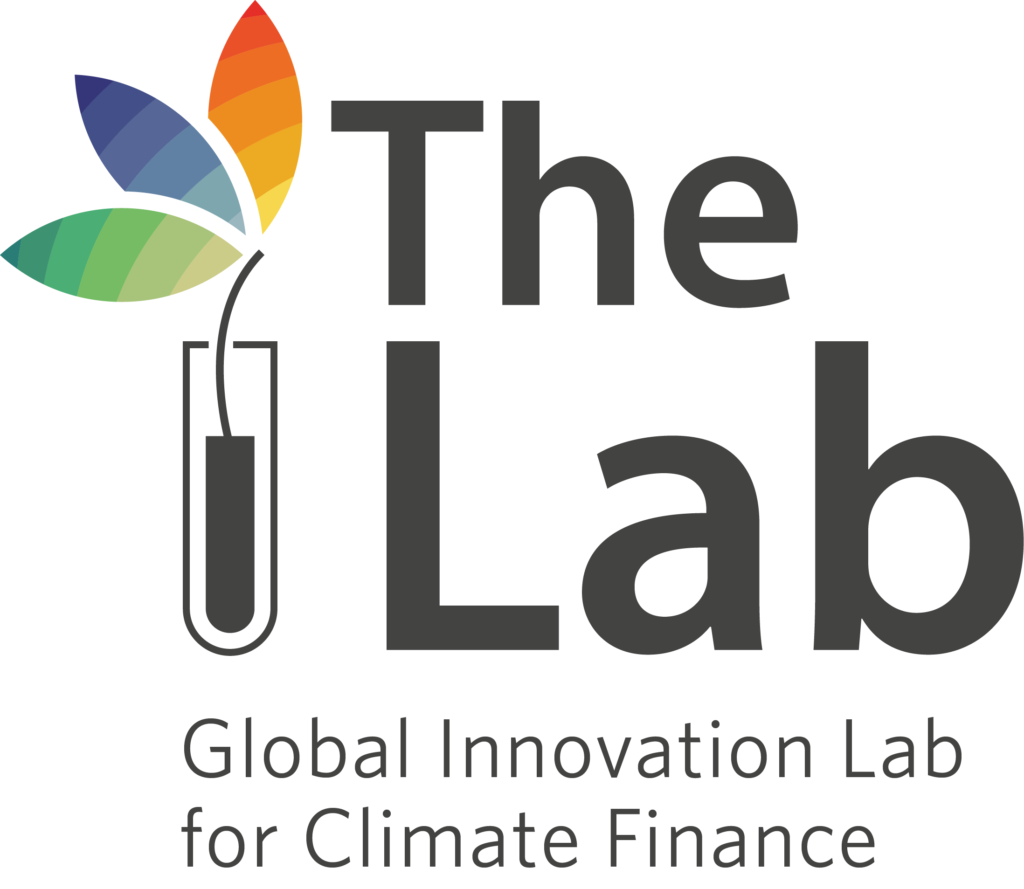
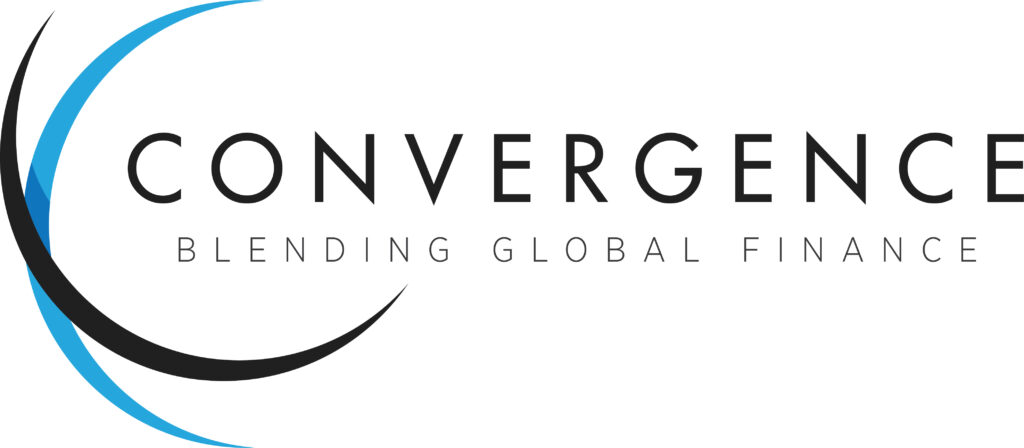


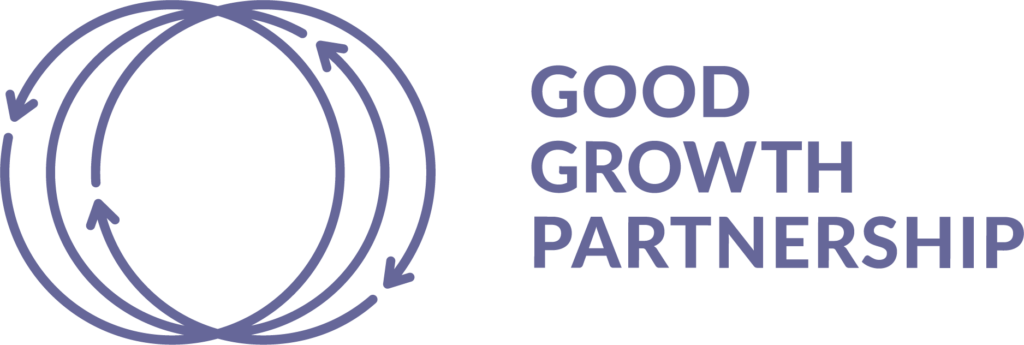
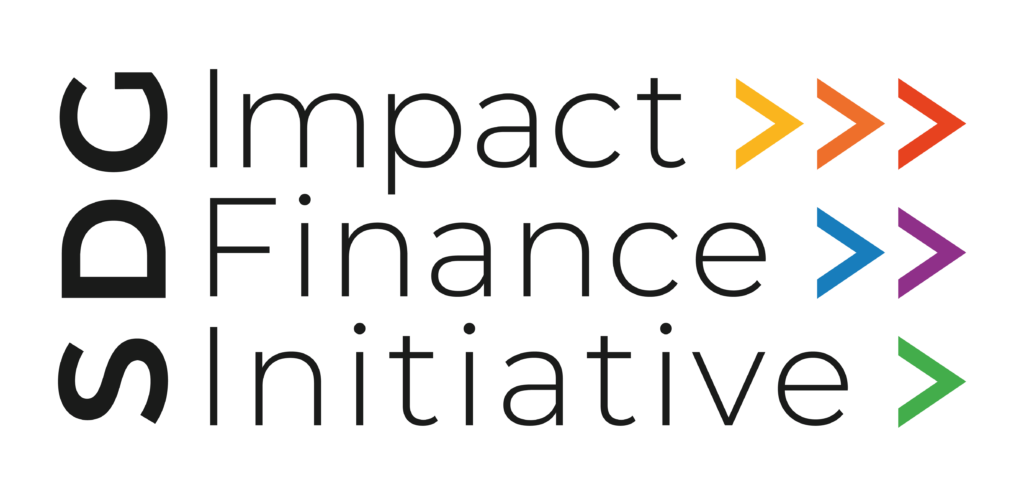
Awards
